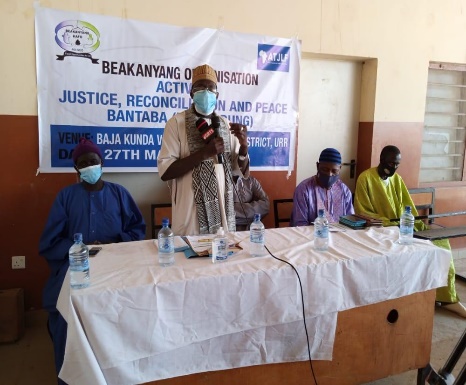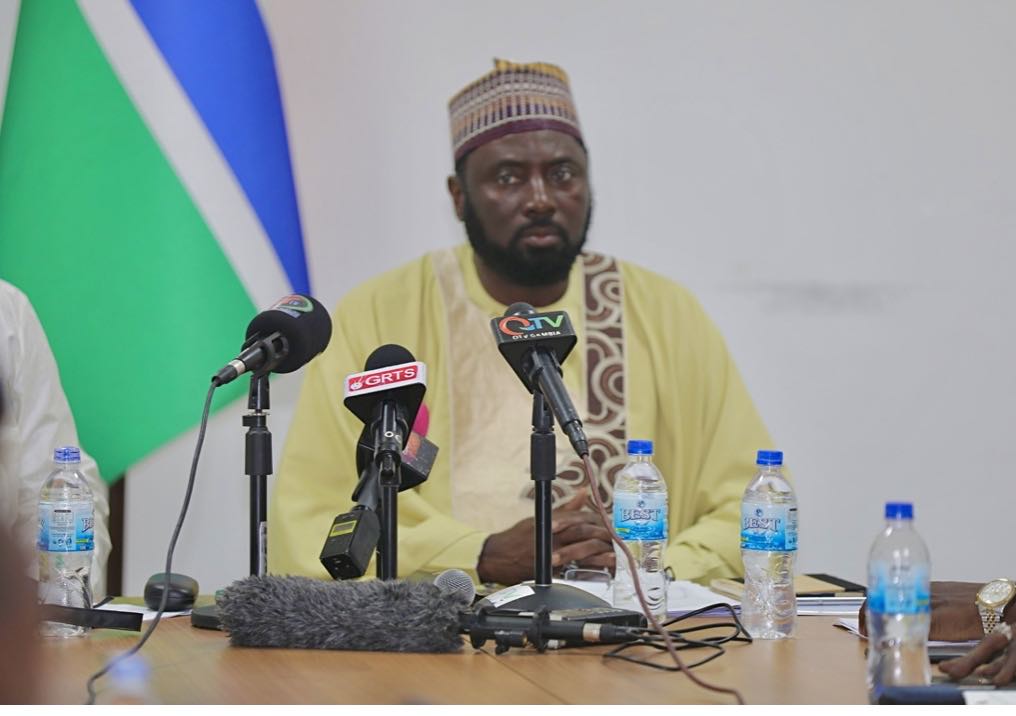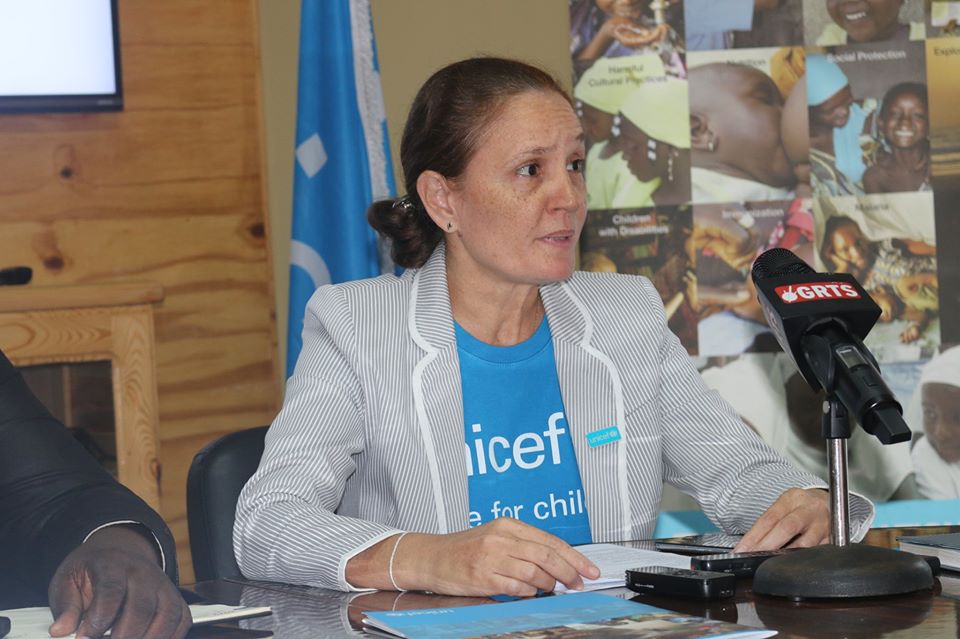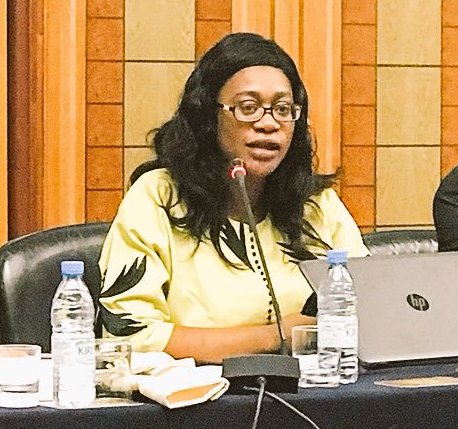Human rights NGO, Beakanyang is currently rolling a reconciliatory effort amongst victims and perpetrators in the URR called ‘Baading Bung.’ The project encourages political tolerance.
“We know we are in an election year and we believe running a reconciliatory project like this will help to avoid similar mistakes as it happened during the dictatorship,” the executive director Nfamara Jawneh said.
He said a good number of rural women suffered a lot during the dictatorship because of political intolerance.
“And due to socio-cultural barriers, we have a lot of them who were suffering in silence. Some of these women had no one to lean onto.”
Jawneh said rural women “had their fair share of dictatorship” as some lost their mains sources of livelihoods for being opposition to Jammeh’s ruling party.
The International Center for Transitional Justice’s report concluded that the former regime’s repression of the opposition had led to some women’s frequent arbitrary arrest and unlawful detentions at secret locations.
“Women across the Gambia experienced gross human rights violations during the previous regime. They lived in fear of being tortured, arrested, or detained for either going against the directives of former president Yahya Jammeh or for not supporting him.
“The main violations that came up in the consultations were sexual violence, arbitrary arrest, torture, ill-treatment, forced labor, and land confiscation,” the statement stated.
The impact of dictatorship on rural women, in particular, was huge that they continue to live with it as painful as they are, psychologically and economically.
The ICTJ calls on the government to enforce laws that protect the rights of women, including the 2010 Women’s Act to prevent a recurrence.
It also tasks both the central and local government authorities to ensure that women farmers own land or have access to land by revising the land distribution process and regulations.
The Gambia’s Truth, Reconciliation and Reparations Commission (TRRC) was set up purposely to address past human rights violations under dictatorship.
The ICTJ recommends that the TRRC conducts consultations with women victims on the long-term impacts of the violations they suffered to determine a reparations program that would address their needs and ensure they receive fair and adapted reparations.




